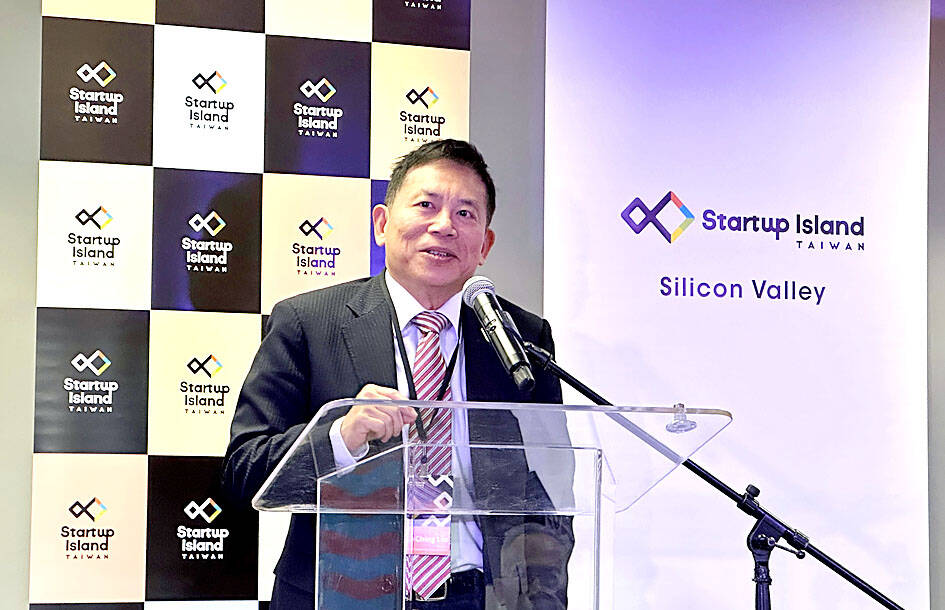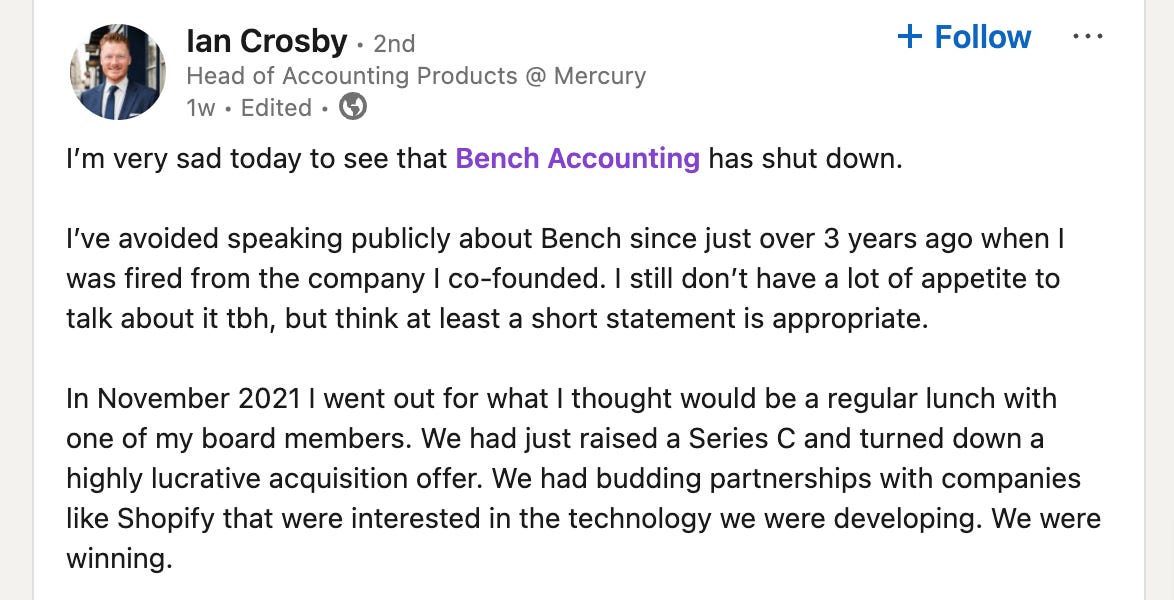Summary:
Elon Musk has reignited a lawsuit against OpenAI, the company behind ChatGPT, accusing its founders of prioritizing profits over the public good.
The lawsuit alleges a breach of OpenAI's founding contract, which initially aimed to develop AI for the benefit of humanity.
Musk claims that OpenAI's partnership with Microsoft and its shift to a for-profit model contradict its original principles.
The lawsuit highlights concerns about the potential dangers of AI and the importance of ethical considerations in its development.
The legal battle could have significant implications for the future of AI and the balance between innovation and responsibility.
Elon Musk's $80 Billion AI Feud With OpenAI Heats Up
Elon Musk, the CEO of Tesla and SpaceX, has reignited a lawsuit against OpenAI, the creator of the popular AI chatbot ChatGPT. This legal battle stems from a six-year-old conflict that began with a power struggle at the San Francisco startup.
The lawsuit, filed in federal court, accuses OpenAI and its founders, Sam Altman and Greg Brockman, of breaching the company's founding contract by prioritizing commercial interests over the public good. This is particularly concerning given OpenAI's original mission to develop AI for the benefit of humanity.
Musk, who co-founded OpenAI in 2015, claims that Altman and Brockman betrayed his trust by entering a multibillion-dollar partnership with Microsoft. He alleges that their actions contradict the original principles of OpenAI, which initially operated as a nonprofit organization dedicated to open-source research.
The lawsuit also highlights the concerns about the potential dangers of AI that both Musk and OpenAI's founders initially shared. Musk's lawsuit paints a picture of Altman and Brockman prioritizing profits over ethical considerations.
OpenAI, now valued at over $80 billion, has become a key player in the rapidly evolving AI landscape. Its partnership with Microsoft and the development of ChatGPT have fueled an industrywide race towards advanced AI technologies. However, this lawsuit raises critical questions about the balance between innovation and ethical responsibility in the development of AI.
This legal dispute is likely to fuel ongoing debates about the future of AI and the role of private companies in shaping its development. It also underscores the importance of transparency and accountability in the pursuit of potentially transformative technologies.







Comments